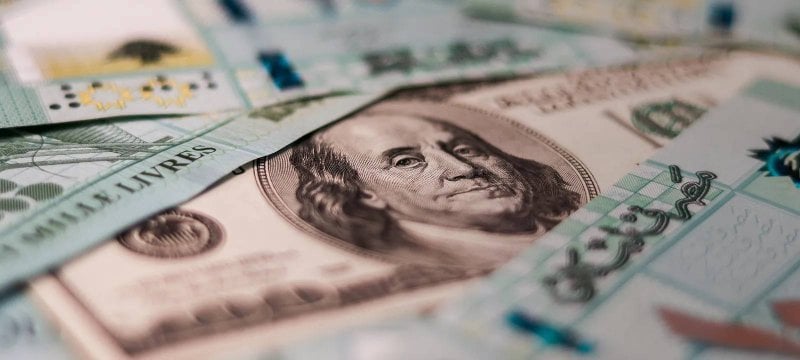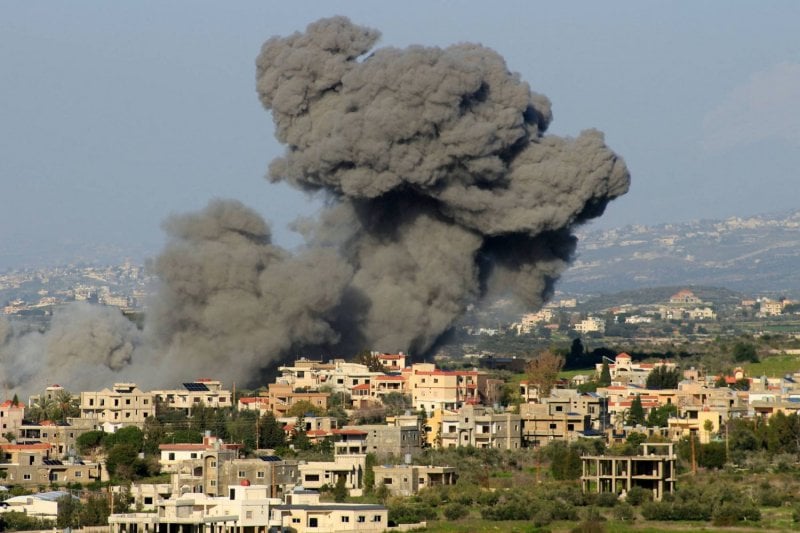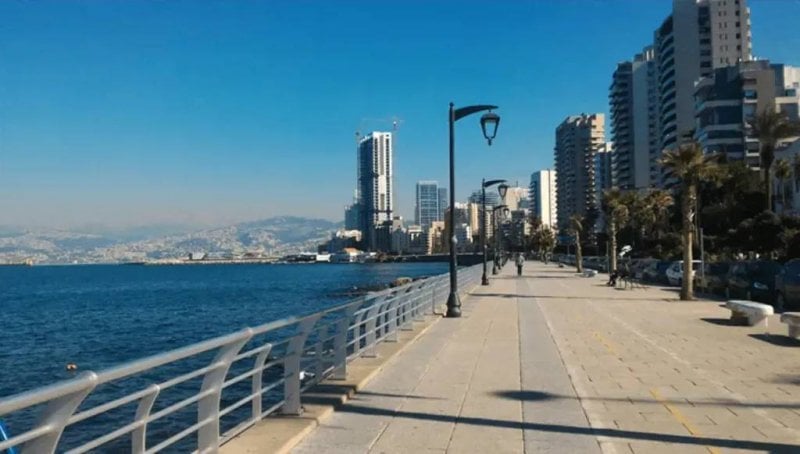
Therefore, Dr. Mardini confirms that suspicious transactions hide behind the “cash” economy, in addition to organizations and networks of exchange dealers around which there are suspicions of corruption, money laundering and terrorist financing, and this is what caused the bad reputation that brought Lebanon to this dangerous classification, and eliminated its ability to deal with the international community, because no one wants to send or receive money from a country around which there are suspicions of financing terrorism.
Mardini reveals a crisis that calls for a deep treatment of this issue, by reviving the banking sector, i.e. returning transactions to banks in order to control them.
Regarding the loss of confidence in the banking sector, Mardini stresses that restoring confidence internally and externally requires restructuring this sector and achieving a balance between obligations and assets, which is not currently available.
Mardini talks about many entitlements facing the Banque du Liban, such as the entitlement to combat money laundering and the “cash” market, restructuring the banking sector, and security disturbances. Each of these entitlements affects the exchange rate, which calls for separating the issue of the exchange rate from the rest of the entitlements, so that the central bank can devote itself to these entitlements, each of which can lead to a shock in the exchange rate when addressed. Whereas if the issue of the exchange rate is isolated from these entitlements through the establishment of a currency board, the Governor will then be able to devote himself to these issues better.
Accordingly, Mardini believes that the first step in the path of reform begins with the establishment of a currency board within the Banque du Liban, so it isolates the exchange rate from the Lebanese situation in general and fixes it to the dollar in a sustainable manner, which removes the risks. This allows the central bank to carry out financial treatments, because the currency board stimulates the restoration of confidence and attracts investments and capital, because investors at home and abroad will not lose their money due to exchange rate fluctuations. Thus, this moves the economic wheel and facilitates other reforms such as restructuring banks or passing the “gap” law.

















